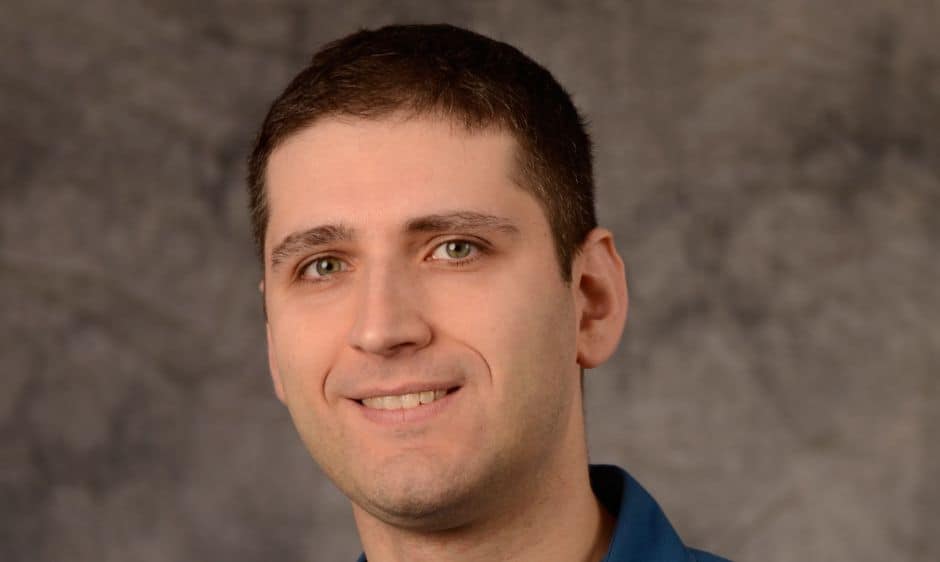Introduction
A series of recent Center for Public Integrity stories provide an illuminating reality check on some of the points made by President Barack Obama last night in his first State of the Union address.
“Our most urgent task upon taking office was to shore up the same banks that helped cause this crisis. It was not easy to do. And if there’s one thing that has unified Democrats and Republicans, and everybody in between, it’s that we all hated the bank bailout.”
The President was correct that the banks bailed out were the same banks that helped cause the crisis. Our Who’s Behind the Financial Meltdown project revealed the top 25 subprime lenders — and the giant banks that owned or backed them.
“Next, we can put Americans to work today building the infrastructure of tomorrow. From the first railroads to the Interstate Highway System, our nation has always been built to compete. There’s no reason Europe or China should have the fastest trains, or the new factories that manufacture clean energy products. Tomorrow, I’ll visit Tampa, Florida, where workers will soon break ground on a new high-speed railroad funded by the Recovery Act.”
High-speed rail is a small piece of the puzzle, but, as we reported in The Transportation Lobby, the nation’s transportation policy is dysfunctional, nearly bankrupt, and dominated by almost 1,800 special interest groups. And we specifically highlighted the frenzy of lobbying in response to billions in new rail funding.
“But to create more of these clean energy jobs, we need more production, more efficiency, more incentives. And that means building a new generation of safe, clean nuclear power plants in this country. It means making tough decisions about opening new offshore areas for oil and gas development. It means continued investment in advanced biofuels and clean coal technologies. And, yes, it means passing a comprehensive energy and climate bill with incentives that will finally make clean energy the profitable kind of energy in America. I am grateful to the House for passing such a bill last year. And this year I’m eager to help advance the bipartisan effort in the Senate.”
Our The Climate Change Lobby details the more than 770 special interest groups and companies seeking to derail, blunt, or tailor any new climate policy to their narrow agendas, making passage of such legislation in the Senate a difficult prospect as best.
“I’m also calling on Congress to continue down the path of earmark reform. Democrats and Republicans. Democrats and Republicans. You’ve trimmed some of this spending, you’ve embraced some meaningful change. But restoring the public trust demands more. For example, some members of Congress post some earmark requests online. Tonight, I’m calling on Congress to publish all earmark requests on a single Web site before there’s a vote, so that the American people can see how their money is being spent.”
Disclosure is vital, but not a panacea for earmark abuses. “The Murtha Method“ and “A ‘Murtha Method’ Encore“ show the continuing controversial relationships involving ex-staffers-turned-lobbyists, contractors, campaign cash, and earmarks that have lead to investigations of numerous members of Congress.
“With all due deference to separation of powers, last week the Supreme Court reversed a century of law that I believe will open the floodgates for special interests — including foreign corporations — to spend without limit in our elections. I don’t think American elections should be bankrolled by America’s most powerful interests, or worse, by foreign entities. They should be decided by the American people. And I’d urge Democrats and Republicans to pass a bill that helps to correct some of these problems.”
Though Justice Samuel Alito reportedly dismissed this criticism, our stories “Will the Citizens United Ruling Let Hugo Chavez and King Abdullah Buy U.S. Elections?” and “Citizens United Ruling Could Tilt Playing Field Against Labor, Toward Corporations” reveal serious concerns about whether this ruling will allow corporations, be they owned by Americans or foreign governments, an outsized role in our nation’s elections.

Join the conversation
Show Comments